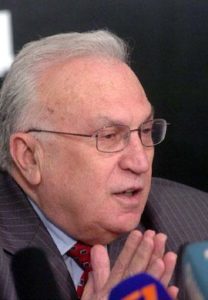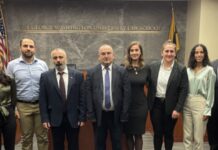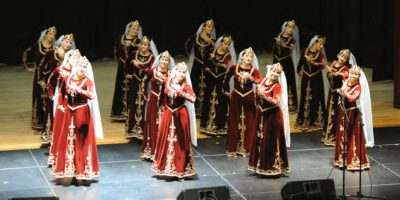By Edmond Y. Azadian

The centennial of the Armenian Genocide in Armenia came and went. The mood is anything but anti-climactic; on the contrary, the atmosphere in Armenia as well as around the world was upbeat and positive. The commemoration became a celebration of survival and hope. The world had converged on Yerevan. The momentum leading to the centennial was sparked by Pope Francis’ unequivocal statement about the Armenian Genocide.
On April 23 and 24, Yerevan was the focus of world news media. The organization by the government was outstanding. Armenians are not noted for their organizational skills. Individually they demonstrate a superb degree of discipline and management skills, but collectively their performance fails most of the time. However, the centennial commemoration functions restored this writer’s confidence in the Armenian collective strength.
The organization had many facets: the World Forum, Beatification of the Martyrs at Echmiadzin, the commemorative event at the Tzitzernakabert Memorial Monument and two concerts.
The Forum had attracted members of legislative bodies from 50 countries. They all called for the recognition of the Armenian Genocide, including the member from Turkey’s National Assembly.
To recruit members from the parliaments of 50 countries was a daunting challenge and it was not achieved overnight. Certainly two or three years of diplomatic work was invested in order to achieve this impressive outcome.









